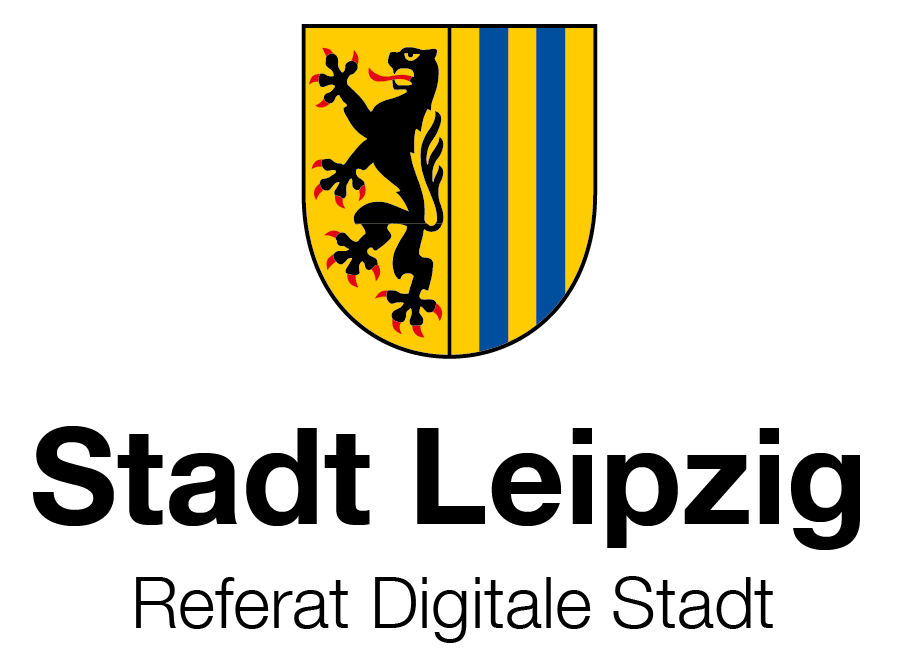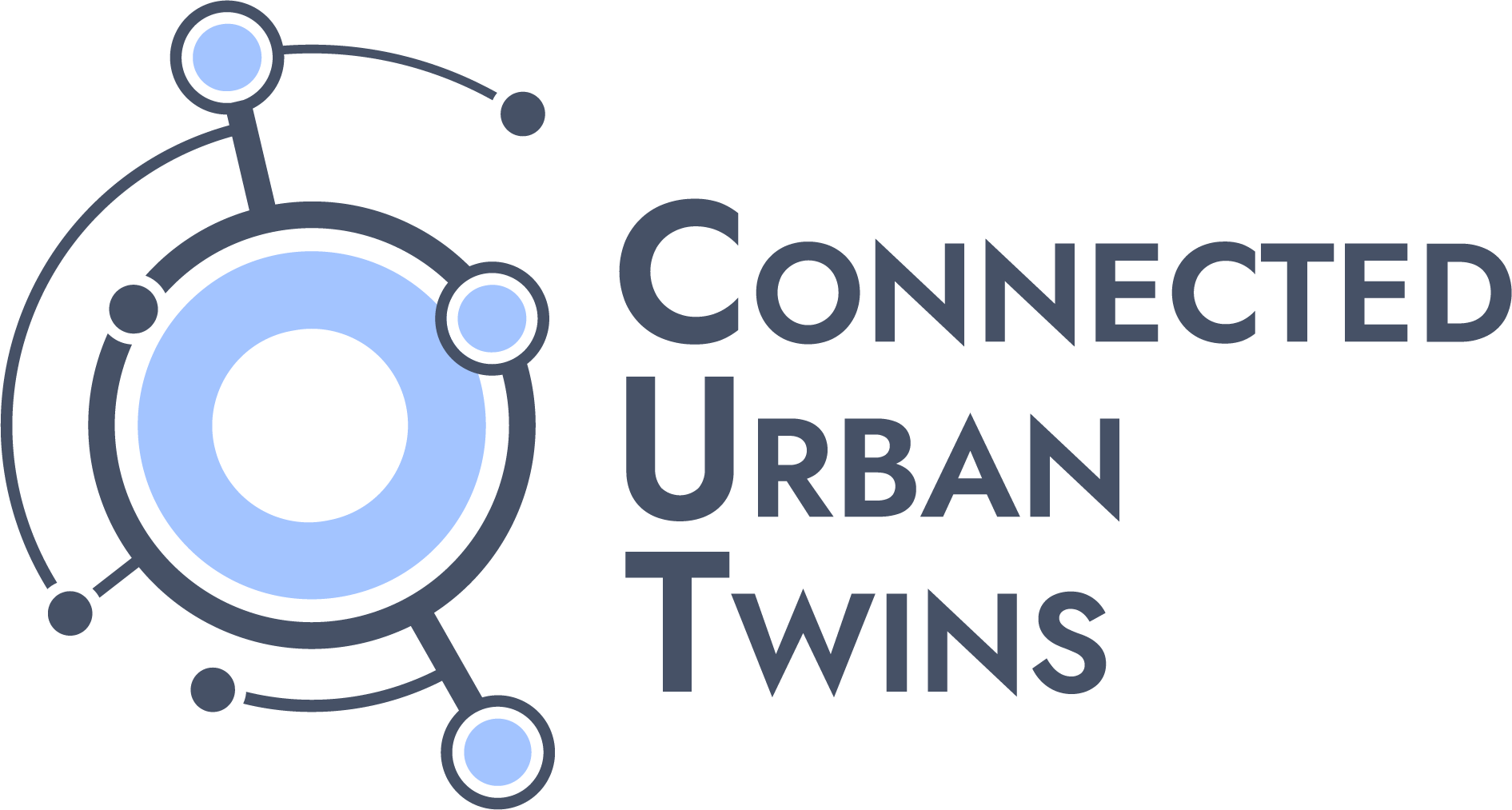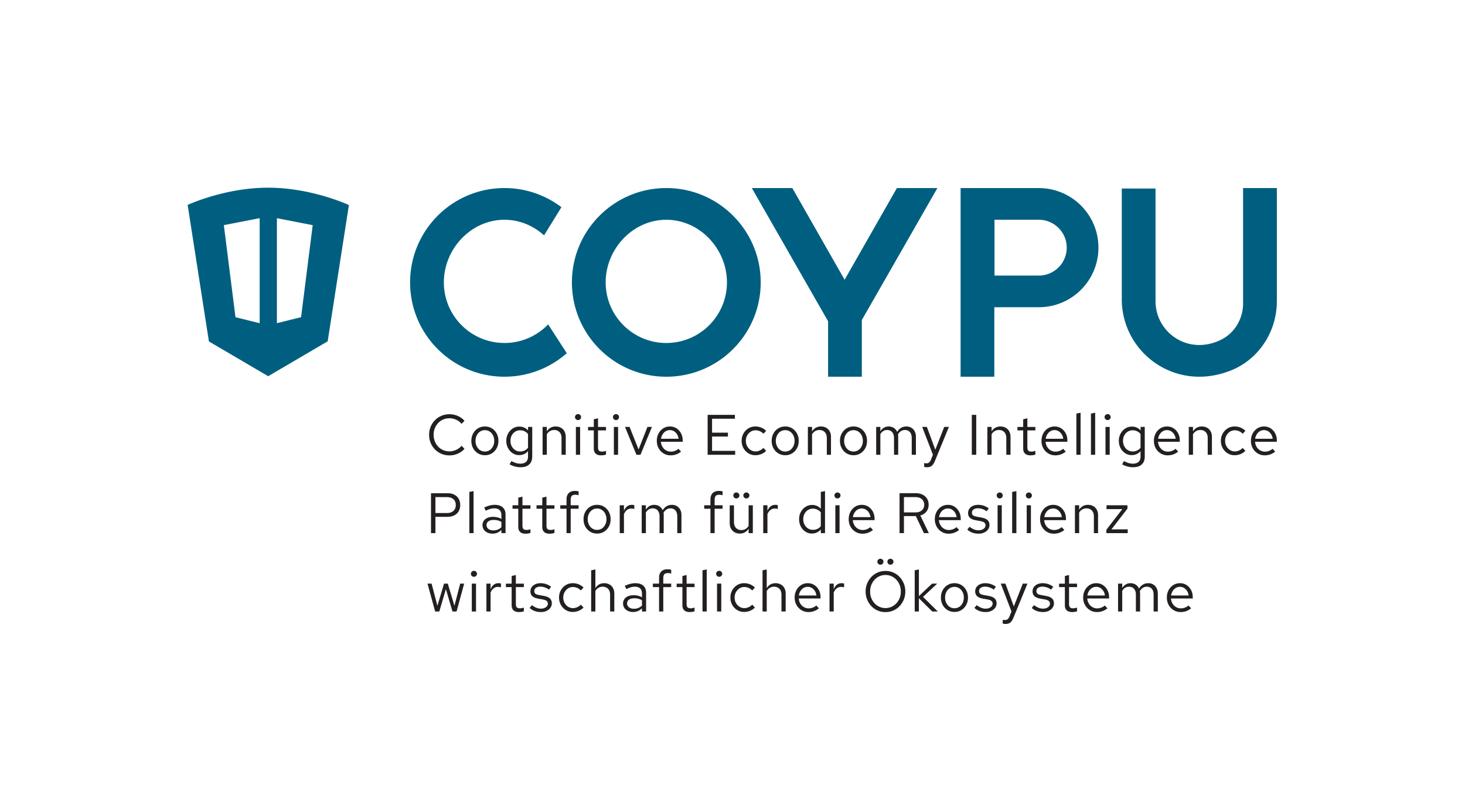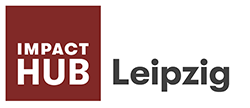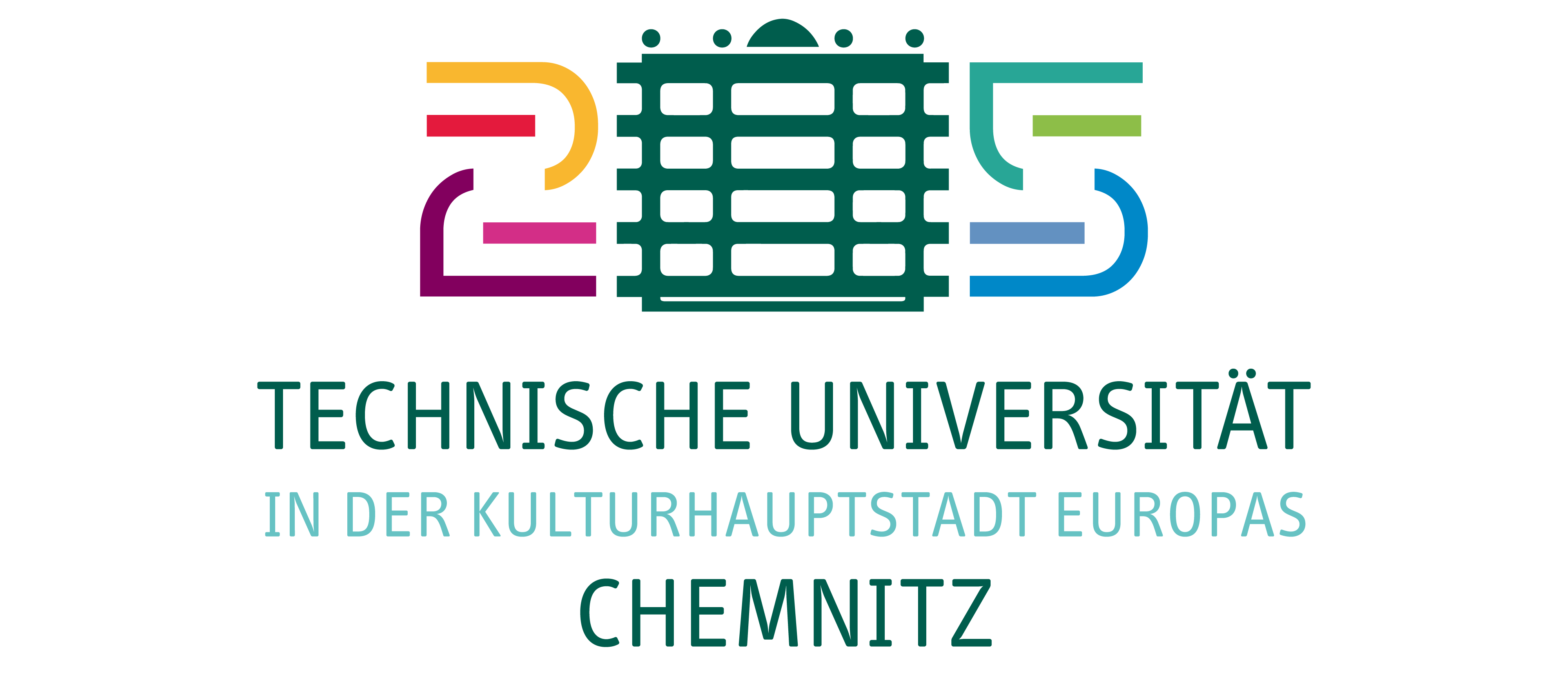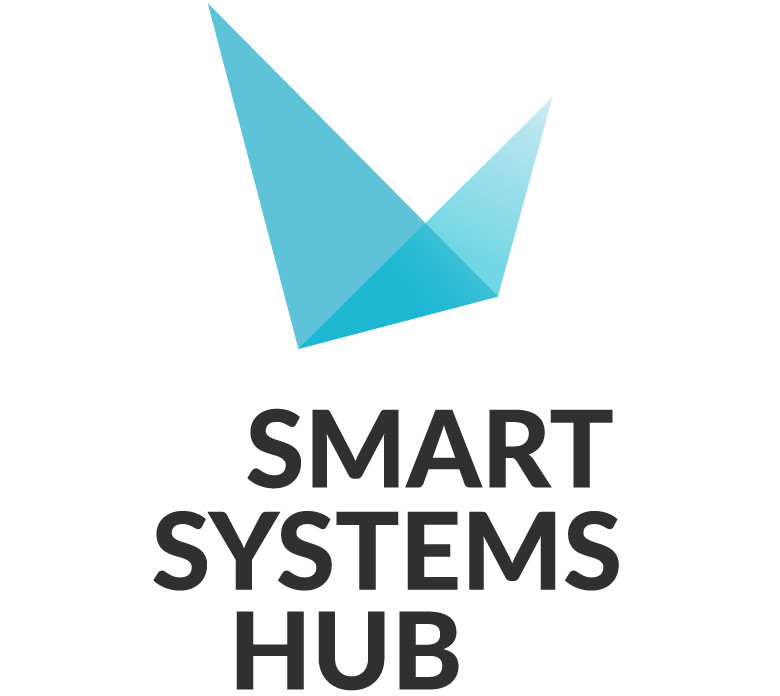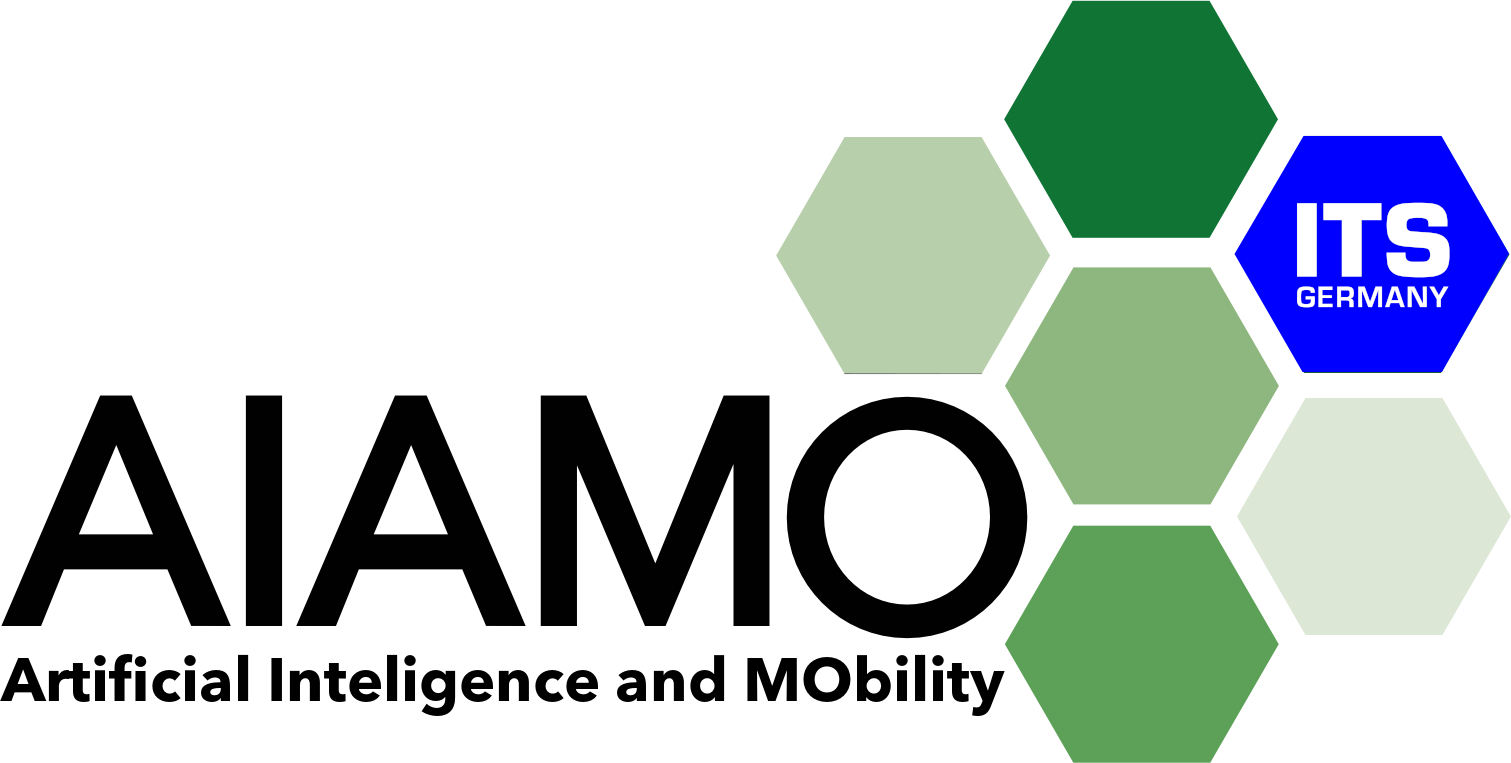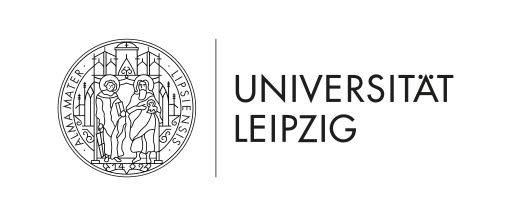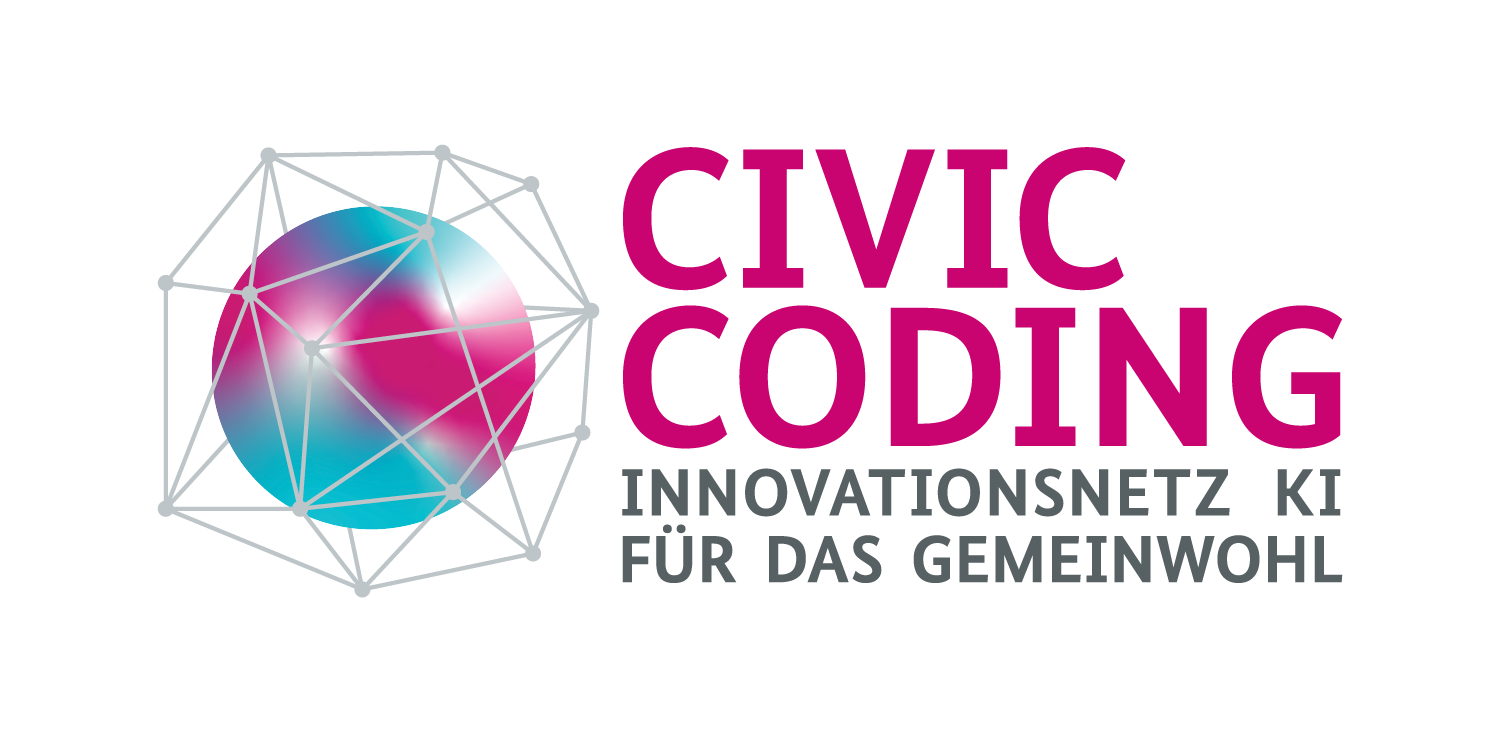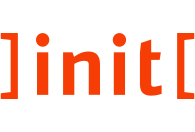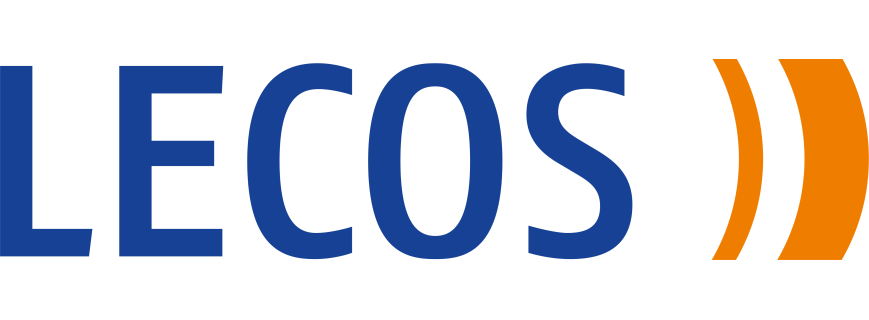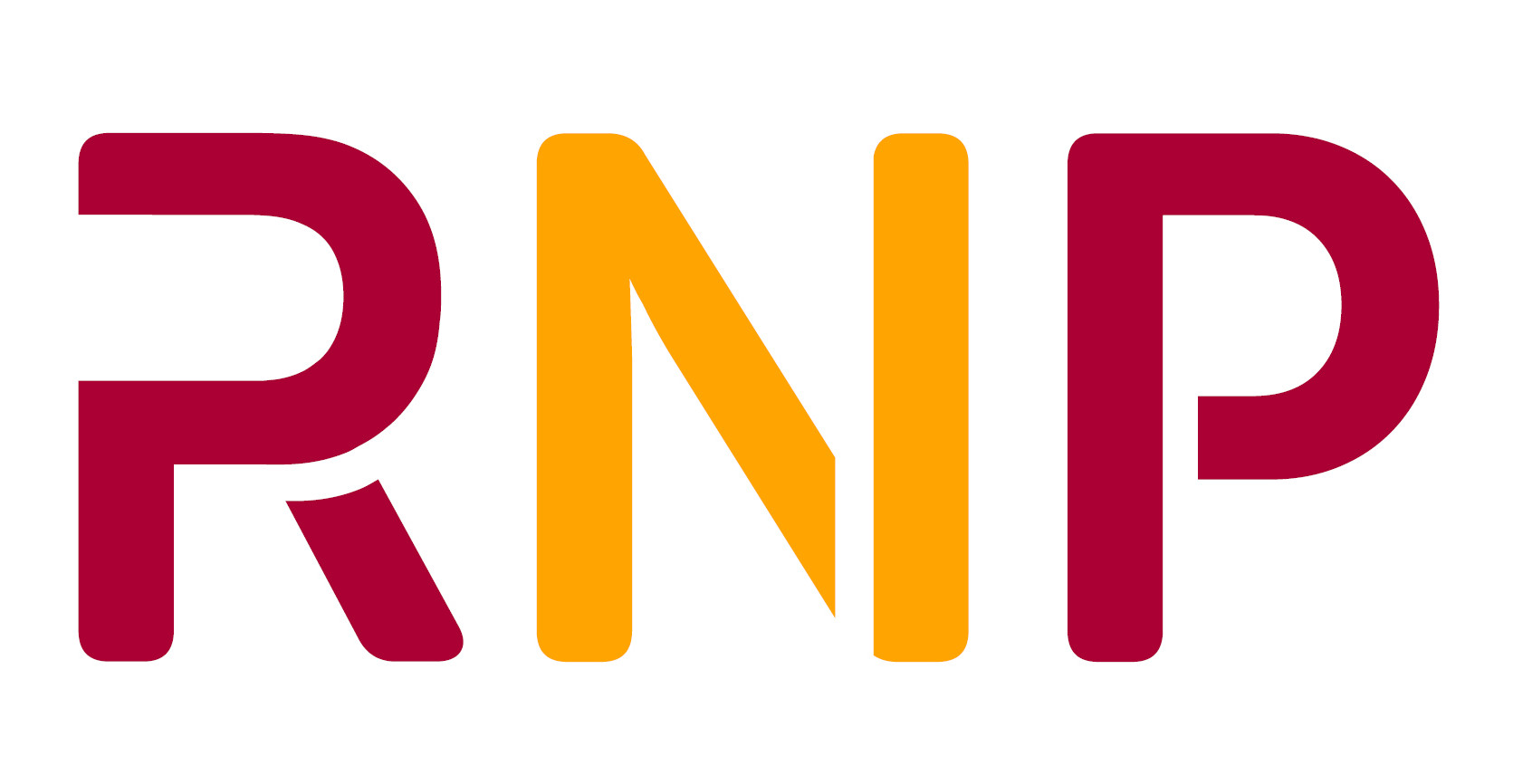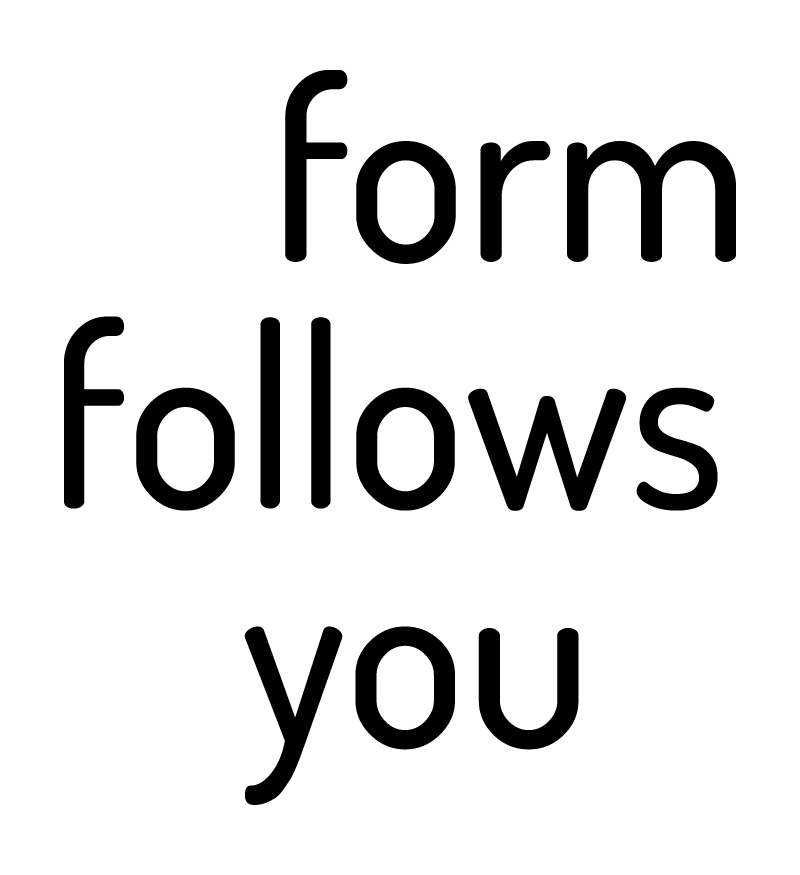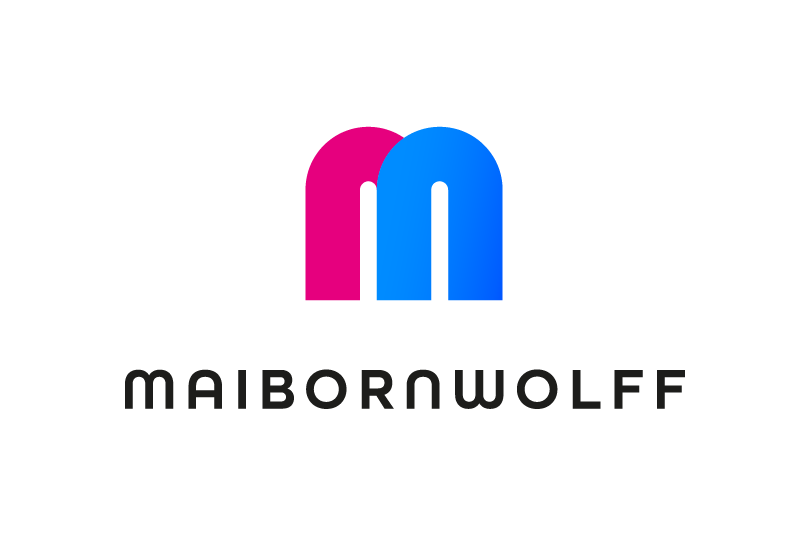The Program
08:30
Admission
- | Wandelhalle |
09:00
Digital identity and EUDI wallet decrypted
- | Festsaal | German
Clemens Schleupner
(Federal Agency for Breakthrough Innovation),
Prof. Jürgen Anke
(Hochschule für Technik und Wirtschaft Dresden) and
Sasha Becker
(Digital City Department, City of Leipzig)
In this session, we will take a look at the future of digital identities and their significance for administration, business and society. The focus will be on the European Digital Identity Wallet (EUDI wallet) and its implementation in Germany. EUDI wallets are digital wallets with which citizens will be able to securely identify themselves digitally in the future and store and manage proof of identity (e.g. driving license, social passport). We discuss the potential of verifiable proof of identity within an ecosystem of digital identities and applications in a municipal context.
10:30
Coffee break
- | Wandelhalle |
Posters and Stands
11:00
With the Smart City to the heating transition - municipal heating planning in Mühlhausen/Thuringia
- | Festsaal | German
Christoph Reimann
(City Mühlhausen),
Daniel Strecker
(Stadtwerke Mühlhausen),
Erik Jellinek
(Leipzig municipal utilities),
Hartwig Kahlhöfer
(Leipzig municipal utilities) and
Kaleb Phipps
(Karlsruhe Institute of Technology)
The session will demonstrate how digital twins are driving forward the heating transition. Practical applications of the heat transition and successful collaborations between the cities of Leipzig and Mühlhause and their municipal utilities will be presented, which aim to achieve a sustainable energy supply for the future. It will also show how the energy losses of solar thermal power plants can be successfully optimized using the PAINT database and AI-supported processes.
12:30
Lunch break
- | Wandelhalle |
Posters and Stands
13:30
Energy transition from below - how citizens combine technology, community and the future - Live translation available in English.
- | Festsaal | German
How can a village become an energy self-sufficient system? What role will blockchain, tokenization and fault prediction play in the electricity grid of the future? Friedrich Pichler shows how Stanz im Mürztal has built resilience with technology and community. Rainer Rosegger explains how participation, acceptance and regional value creation work in rural contexts - and what urban districts can learn from this. Tom Fürstner demonstrates how tokenization makes renewable energy tradable. And Florian Speer provides insights into AI-supported models that detect forecasting errors before they occur - for a stable, low-CO₂ electricity grid.
-
Dipl-Ing. Friedrich Pichler (pichlerConsult e.U.): Stanz the energy-resilient village stands firm - even in stormy times
Energy drives machines. But energy actually drives everything in our world, including the people of Stanz im Mürztal. They took their energy future into their own hands 10 years ago and have become a little more independent and self-determined from the energy drip of the big world with clever technology, communication and courageous citizens. Friedrich Pichler, the former mayor of Stanz im Mürztal, a small rural community in Styria/Austria, tells you what all this has to do with a sociologist, token engineering and an alert village community.
-
Mag. Rainer Rosegger (agentur scan): Learning from the village means learning to share: energy, community, future
How does social innovation succeed in dealing with technological change? Using the Stanzertal energy community as an example, Rainer Rosegger shows how participation, acceptance and regional value creation work in rural contexts - and what urban districts can learn from this. Can blockchain also create solidarity?
-
Jürgen Eckel (RDDL Foundation): Electricity becomes a community: tokenization as a new operating system for energy sharing
What happens when energy is more than just a kilowatt hour? In renewable energy communities, surplus energy suddenly becomes a social and economic good. Tokenization makes it shareable, tradable - and traceable. This example of a decentralized energy transition from below shows how digital tools such as blockchain help to make local surpluses visible and enable new forms of participation
-
Florian Speer (Optimax Energy GmbH): Between dark doldrums and light breezes: stabilizing our electricity grid with forecasting models
For electricity to flow reliably from the socket, the power grid must be in balance at all times: more electricity must never be consumed than generated - and vice versa. However, this is difficult to predict, especially with wind and solar power. Grid operators have to compensate for the fluctuations that occur - this costs money and causes CO₂ emissions. At Optimax Energy, we develop models that detect and reduce such imbalances at an early stage. The particular difficulty is that we do not predict electricity consumption or production itself, but rather the errors that others make in their forecasts.
15:00
Coffee break
- | Wandelhalle |
Posters and Stands
15:30
Strengthening understanding: Digital tools for citizen communication - Live translation available in English.
- | Festsaal | German
Marcus Wollschläger
(Lecos GmbH),
Maximilian Ueberham
(City Planning Office, City of Leipzig),
Sasha Becker
(Digital City Department, City of Leipzig) and
Thomas Grössel
(Appsfactory GmbH)
This session will present digital tools that promote interaction between citizens and the administration. These tools aim to increase the acceptance of administrative processes and make it easier to understand complex issues. Among other things, the following will be discussed: How can artificial intelligence support the understanding of official decisions? How can the city of Leipzig enter into dialog with citizens on the energy transition? How can digital tools and technologies improve citizen communication?





